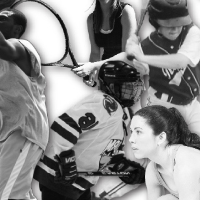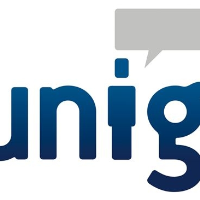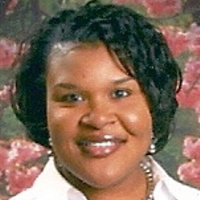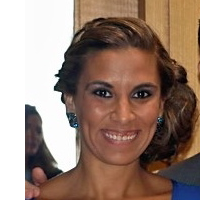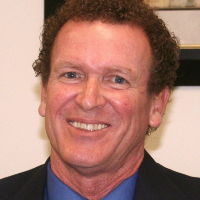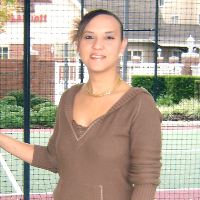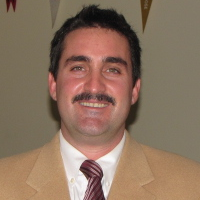Prospective student athletes – getting recruited
Before you begin….you are going to college for an education first and foremost. Playing your sport in college is an adjunct to that experience. Should you sustain a career ending injury, you still need to love the college you’re attending. You’re looking for the right academic/athletic match!
If you’re a top athlete in your sport and have had state, regional and national exposure in your sport, be it basketball, soccer, football or whatever your sport is, it’s likely that you’ve been noticed by coaches who are attending those tournaments. However, even those students who get noticed and followed over a period of years, not all of them end up playing in Division I or Division II schools. Only a very small percentage of all high school varsity athletes across all sports will ever play at the Division I or Division II level, approximately 1-2%. When you include those students who also play at Division III schools, you are still only talking about a total of about 3-4% for all three divisiions, but don’t get discouraged by the numbers.. If you think you might be a Division I or II player, (your current coaches from your club, AAU, Babe Ruth, or Junior teams might have mentioned that you might be of this caliber), you should start contacting coaches in your sophomore year to express your interest. (More about how, later) But don’t expect to hear back! Coaches can’t respond to you or any prospects in any way until you start your junior year, and then not even by phone..On September 1 of your junior year, they can send written correspondece about their athletic program, a brochure, email, text messages,IM or fax. As a prospective student-athlete, you should also register with the NCAA Student Eligiblity Center at the start of your junior year. Only DI and DII prospective student – athletes are eligible for athletic scholarlships, except those playing for the Ivy League! DIII student – student athletes are also not elligible for athletic scholarships. For DI and DII prospective student – athletes, you’ll need to send in an official copy of your high school transcript and your SAT scores when you get them back later in your junior year. There is also a form to send in that states your amateur status as an athlete.
Even though DI and DII coaches might know who you are, they are not officially allowed to directly contact you by phone until July 1 between your junior and senior year of high school, with a few exceptions noted below. However, that doesn’t mean that you can’t contact them. The same can be said of Division III coaches, with these exceptions. You don’t need to register with the NCAA Student Eligibility Center for Division III. DIII coaches also don’t have the money in their budgets to attend all of the tournaments, meets, etc they would like to, so they can’t follow student – athletes to keep track of their development in their sport as they would like. So, DIII athletes almost need to do the recruting of the coaches and schools they are interested in. They can’t directly contact you by phone, but you can contact them and they are allowed to respond to you by mail or email (but not until the start of junior year)!
A good way for any student-athlete to get started is to fill out the “Recruit Me” form that is usually on the athletic site of the school. There is usually a form for each sport. Following that, it’s a good idea to put together an athletic resume that includes your name, address, and other contact information, academic credentials including any standardized tests that you’ve taken, coursework completed or in progress, your GPA,and then your athletic credentials (teams you’ve played on and dates, position(s) you play, tournaments and results, individual recognition such as MVP, coaches names and their contact information, etc. This should be preceded with an introductory letter that states your interest in the college and playing for their team. Each time you have any new news to report, you should contact each coach by email to keep him/her informed. You are allowed to go on as many “unofficial” visits as you want. “Unofficial” visits are those visits where no costs incurred by the student to visit are paid for by the unviersity. Only DI and DII schools are allowed to pay for official visits on or after September 1 of the senior year. DIII schools can invite ahtletes on official visits, but cannot pay any of their expenses. On your visits prospective student – athletes should talk to the coaches about their program, if they might be needing someone in your position/event, the number of hours/week that are spent in practice on the field, breaking down game tape, lifting weights, hours both in and out of season, whether athletes live together or with the general student body, a tour of the facilities, whether there are tutors to help if travel is required and you miss class and a whole host of other types of issues that affect student-athletes both in and out of the classroom. It’s also a good idea to have a videotape that shows a few highlights, but also 15-20 minutes of continuous play if you are a soccer player, football player, etc. Coaches want to see what you do well, but they also want to see how you recover from your mistakes on the filed or what your weaknesses are.
PAY ATTENTION TO THE RULES: THEY ARE COMPLICATED
Division I
After July 1 between junior and senior year, coaches in DI can call student athletes directly with the following exceptions:
A football prospect can receive one phone call in May of junior year from any institution.
A men’s basketball player can receive one phone call/month from June 15th prior to his junior year until June 30th prior to his senior year. Starting July 1 of his senior year, he can receive one weekly call.
A women’s basketball player can receive one phone call in April and one phone call in May of junior year.
DIVISION II
A coach can call on June 15 prior to senior year.
DIVISION III: A coach can call immediately after the completion of the prospective student- athlete’s junior year.
Of course, I haven’t covered the National Letter of Intent and many other considerations and rules. It’s impossible to cover over 450 pages of rules just for Division I here, let alone the other two divisions, but you’ve got the basics! Get going!



